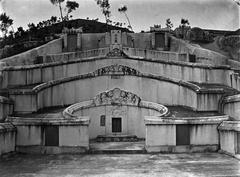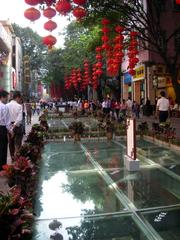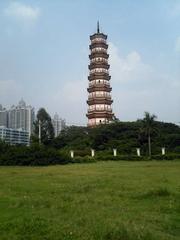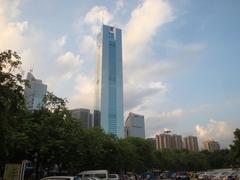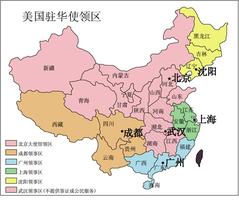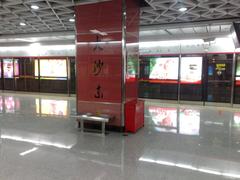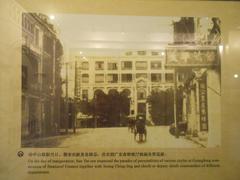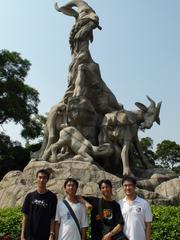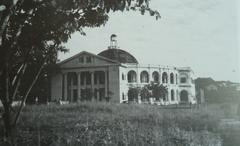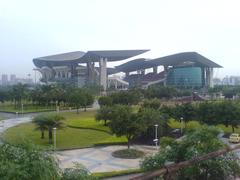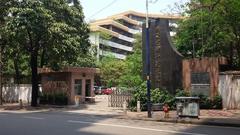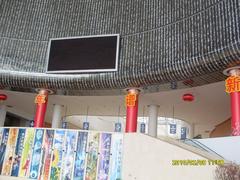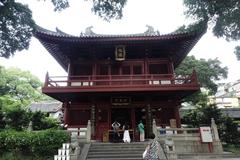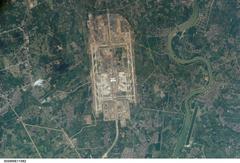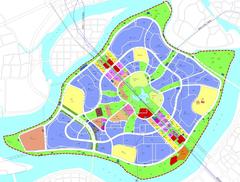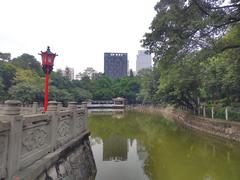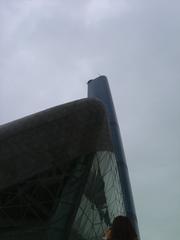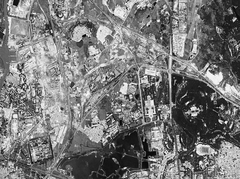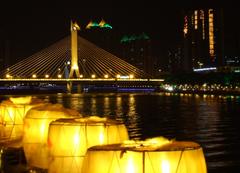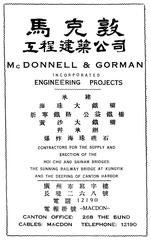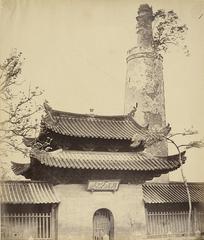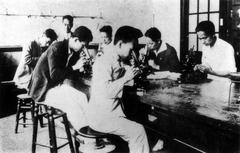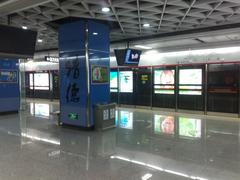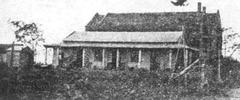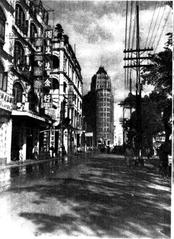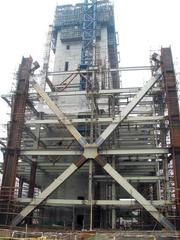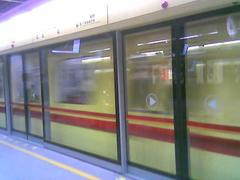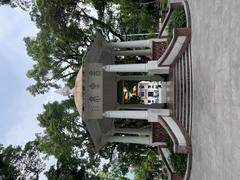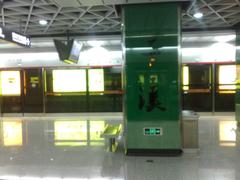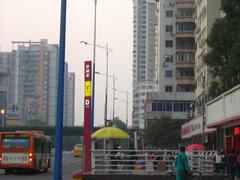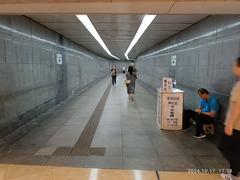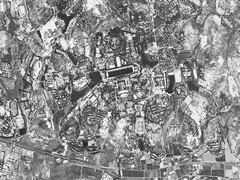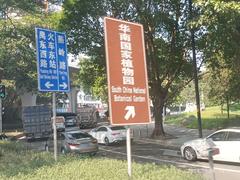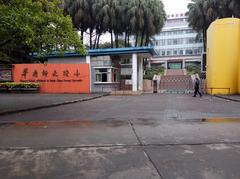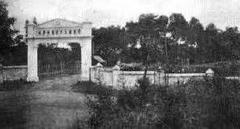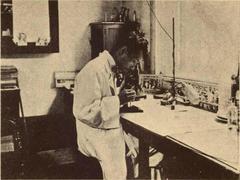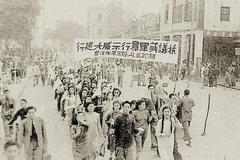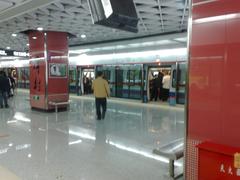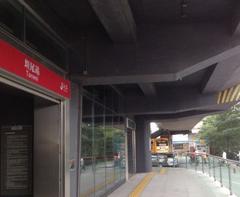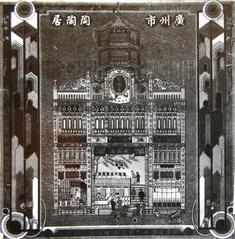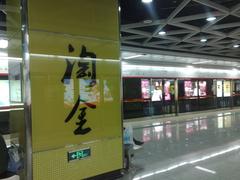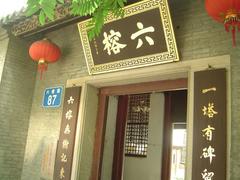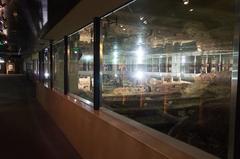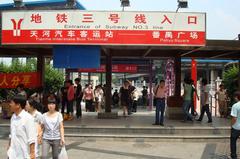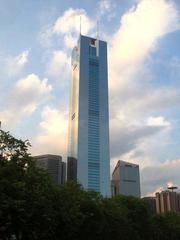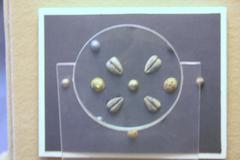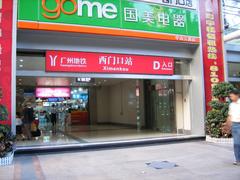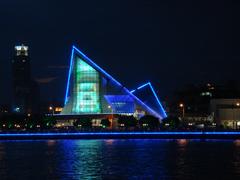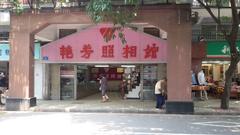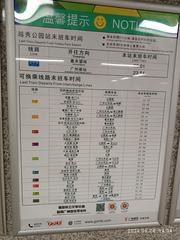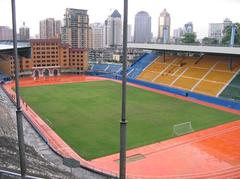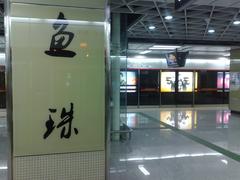
Liede Bridge Visiting Hours, Tickets, and Historical Significance
Date: 19/07/2024
Introduction to Liede Bridge
Table of Contents
- [History and Cultural Significance of Liede Bridge](#history-and-cultural-significance-of-liede-bridgehistory-and-cultural-significance-of-liede-bridge)
- [Early Bridges and the Pearl River Delta](#early-bridges-and-the-pearl-river-deltaearly-bridges-and-the-pearl-river-delta)
- [The Advent of Modern Bridges](#the-advent-of-modern-bridgesthe-advent-of-modern-bridges)
- [The Liede Bridge and Guangzhou’s Growth](#the-liede-bridge-and-guangzhous-growththe-liede-bridge-and-guangzhous-growth)
- [Cultural Significance](#cultural-significancecultural-significance)
- [Visiting the Liede Bridge](#visiting-the-liede-bridgevisiting-the-liede-bridge)
- [Visiting Hours and Tickets](#visiting-hours-and-ticketsvisiting-hours-and-tickets)
- [Travel Tips](#travel-tipstravel-tips)
- [Nearby Attractions](#nearby-attractionsnearby-attractions)
- [Special Events and Guided Tours](#special-events-and-guided-toursspecial-events-and-guided-tours)
- [Festivals and Celebrations](#festivals-and-celebrationsfestivals-and-celebrations)
- [Guided Tours](#guided-toursguided-tours)
- [Photographic Spots](#photographic-spotsphotographic-spots)
- [Conclusion](#conclusionconclusion)
- [FAQ](#faqfaq)
- [References](#referencesreferences)
History and Cultural Significance of Liede Bridge
Early Bridges and the Pearl River Delta
For centuries, the Pearl River Delta, where Guangzhou is situated, has been a hub of trade and cultural exchange. The numerous waterways crisscrossing the region necessitated bridges, and the history of bridges at the Liede location predates modern structures. Early bridges were likely simple bamboo or wooden constructions, serving as crucial links for local communities.
The Advent of Modern Bridges
The late 19th and early 20th centuries marked a turning point for Guangzhou, with modernization efforts ushering in new infrastructure. The first modern iteration of the Liede Bridge was built during this period, replacing its more rudimentary predecessors. This bridge, likely constructed of steel, symbolized Guangzhou’s embrace of progress and its growing connection to the world.
The Liede Bridge and Guangzhou’s Growth
As Guangzhou expanded, so did the importance of the Liede Bridge. It facilitated the movement of people and goods between the city center and the southern bank of the Pearl River, contributing to the economic vitality of the region. The bridge became a symbol of connectivity, representing Guangzhou’s role as a gateway to southern China.
Cultural Significance
Beyond its practical function, the Liede Bridge has taken on cultural significance for the people of Guangzhou. It stands as a testament to the city’s resilience and its ability to adapt and thrive amidst change. The bridge’s elegant design, particularly in its modern incarnations, has made it a beloved landmark, often featured in photographs and artwork celebrating Guangzhou.
Visiting the Liede Bridge
Visiting Hours and Tickets
The Liede Bridge is accessible to visitors 24/7. There are no ticket requirements to walk or drive across the bridge, making it an easily accessible landmark for all.
Travel Tips
Visitors are advised to explore the bridge during the evening to enjoy the illuminated city skyline. Comfortable walking shoes are recommended for those planning to use the pedestrian walkways.
Nearby Attractions
The Liede Bridge is close to several notable attractions in Guangzhou, including the Canton Tower, the Guangzhou Opera House, and Haixinsha Island. These sites offer additional opportunities for sightseeing and cultural experiences.
Special Events and Guided Tours
Festivals and Celebrations
The Liede Bridge often serves as a focal point for festivals and celebrations in Guangzhou. During significant events like the Spring Festival or National Day, the bridge is adorned with festive lights and decorations, creating a mesmerizing spectacle. These celebrations highlight the bridge’s symbolic importance as a shared space for the community to come together and celebrate their cultural identity.
Guided Tours
While there are no official guided tours specifically for the Liede Bridge, many city tours include a visit to the bridge as part of their itinerary. These tours provide valuable insights into the bridge’s history and significance.
Photographic Spots
The pedestrian walkways on the Liede Bridge offer stunning panoramic views of the city skyline, particularly captivating at night when the buildings are illuminated. This makes the bridge a popular spot for photography enthusiasts.
Conclusion
Today, the Liede Bridge continues to play a vital role in Guangzhou’s urban fabric. It serves as a crucial artery for the city’s transportation network, accommodating a constant flow of vehicles and pedestrians. The bridge’s presence has also shaped the surrounding urban landscape, with modern developments, including prominent skyscrapers, rising on both sides of the Pearl River. The Liede Bridge remains a beloved landmark, symbolizing Guangzhou’s rich history and promising future.
FAQ
What are the Liede Bridge’s visiting hours? The Liede Bridge is accessible 24/7.
How do I get tickets for the Liede Bridge? There are no tickets required to visit the Liede Bridge.
How can I get to the Liede Bridge? The Liede Bridge is easily accessible by metro, with the nearest station being Liede Station on Line 5. There are also parking facilities available for those driving.
Is the Liede Bridge pedestrian-friendly? Yes, the bridge has dedicated walkways for pedestrians and is also accessible to cyclists.
What are some nearby attractions? Nearby attractions include the Canton Tower, Guangzhou Opera House, and Haixinsha Island.

